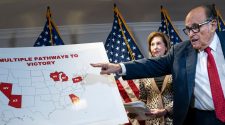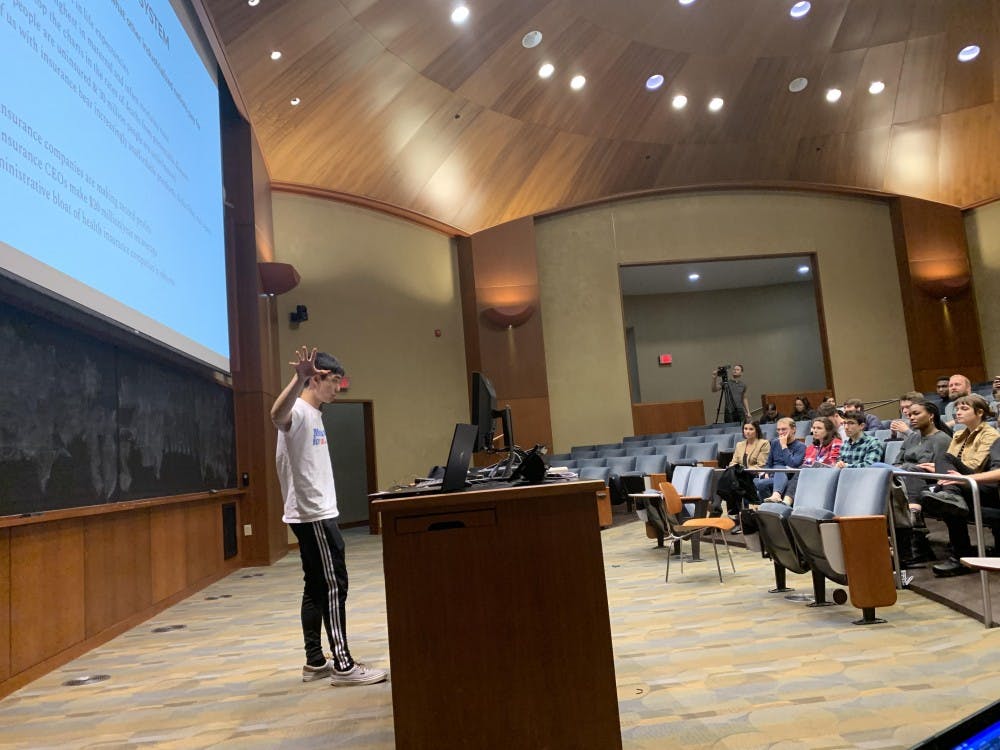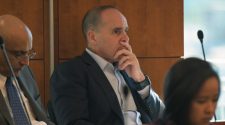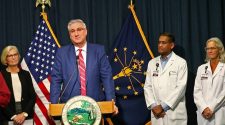Young Democratic Socialists of America at the University hosted a town hall last week on Grounds regarding healthcare, specifically covering the issues of healthcare for all and the recent controversy surrounding the University Health System’s aggressive collection practices concerning its patients’ debts.
The town hall began with fourth-year College student John Han giving an overview of the relevant facts to the dozens in attendance in Nau 101, such as how Americans seemingly overpay for the quality of care compared to other developed nations like Canada or those in Europe as a result of administrative overlap.
Han centered his discussion on the existence of multiple private insurance companies and exorbitant executive salaries as its cause. In a pamphlet distributed by the YDSA at the beginning of the town hall, the bloat is claimed to cost upwards of $80,000 a day. Han’s focus was on how it not only increases the harm caused to those who have no insurance but also creates affordability and undercoverage issues for those who are underinsured.
“To summarize the jargon, Medicare For All is important because we can grant everyday workers who have struggles just like you and me, something beyond what you have to pay for,” Han said. “We should have a system that removes a lot of this unnecessary cost paying.”
This largely follows with the overall message that the YDSA at the University takes in relation to health care.
“Our larger goal is to encourage Medicare For All in America so that our healthcare system works for everyone, not just the rich,” said Melinda Hayes, a second-year College student and representative for YDSA.
But YDSA has more local projects as well, and has asked the University Health System to at least make reforms similar to those seen at Virginia Commonwealth University, which recently announced it would no longer sue patients over unpaid medical debt.
“Because VCU’s hospital is able to do that, we want to ask that the University do the same,” Hayes said.
The call for reform follows a recently published Washington Post article revealing various harsh policies the University pursued to recoup patients’ debts. The specific issue of the Health System’s treatment of its patients was a recurring theme of the night, as invited guests — including Kim Daugherty, a candidate for the Virginia’s fifth district congressional seat — and local residents took the opportunity to share their stories about their experience with the system.
For Daugherty, the watershed moment in discovering her support for Medicare For All was in the experience she went through with her two children, who experienced complications at birth and required treatment at the University hospital.
“No one can plan for the financial burden of having one child, let alone two, in the NICU,” Daugherty said.
Some stories that mirrored Daugherty’s, like that of first-year College student John Ashley, were not specific to the University healthcare system but were meant to demonstrate the universal issues with the broader American healthcare system.
“When I was born, I was $7,000 for my parents,” Ashley said. “And that was near bankrupting.”
Ashley also had problems of his own at the University Health System, nearly unable to enroll in classes after owing money to the hospital following a broken foot — an issue faced by University students who have visited the Health System.
Many of the planned speakers at the town hall hit on the same ideas regarding the issues with the current healthcare system, both locally and nationally, as it stands today. This trend was only reinforced by the stories shared by attendees, a few of whom had extremely negative experiences not only with the healthcare system, but also with the University’s policies in Charlottesville.
After the Washington Post article was published, the University amended its policies to discount or write off entirely the medical bills of low-income and uninsured patients, but healthcare as a policy issue will continue to be one of the most discussed topics in coming elections.
















